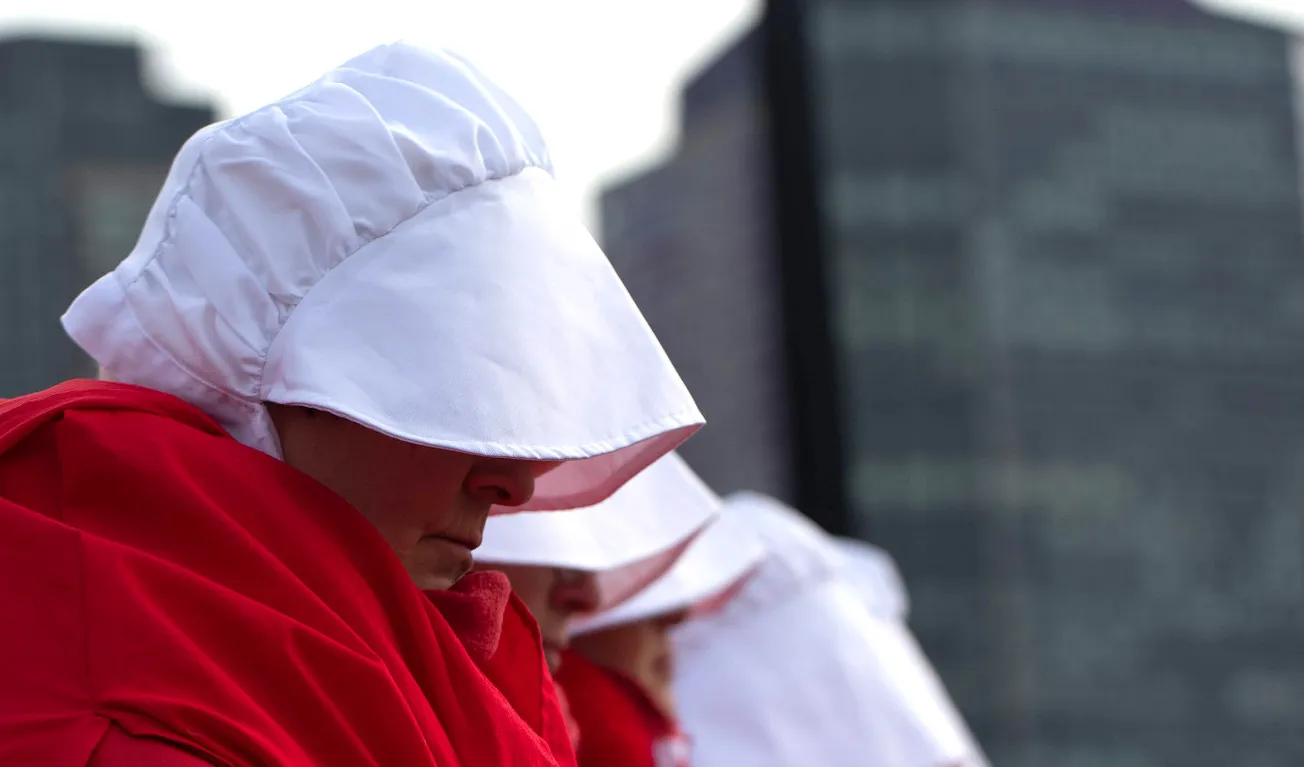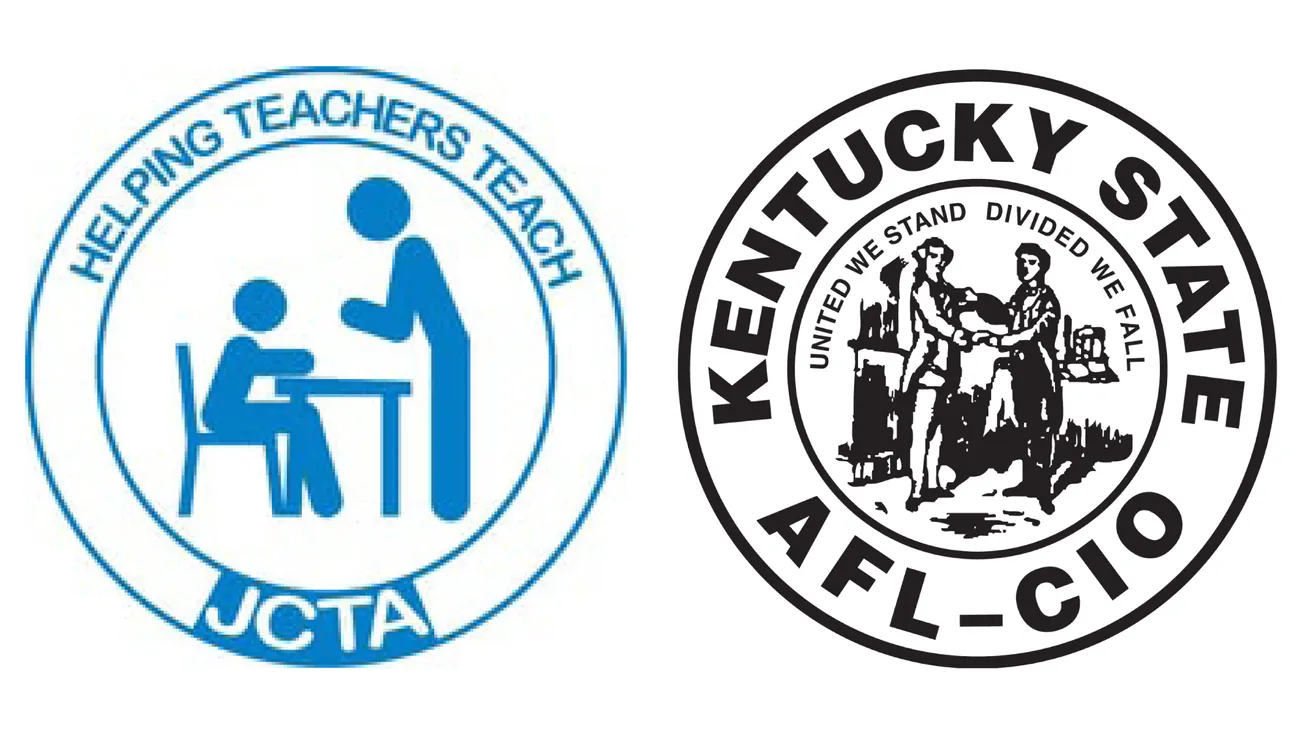The news just broke – the Supreme Court has thrown out the right to an abortion.
Trigger laws all over the country, including in Kentucky, are going into effect. Women who were planning on getting an abortion now cannot. Facilities providing abortions will have to close in many states. And the patchwork of abortion laws that I discussed in this article will now come to pass.
In the midst of the celebrations on one side and the uproar on the other, let us not forget the role of Amy Coney Barrett, the final nail in the coffin of Roe.
Much will be made of her confirmation testimony that she respected precedent. Much will also be made of the fact that a woman voted to limit the rights of other women.
But little will be said about her religious beliefs, nor the faith community she grew up in and belongs to: the People of Praise.
The group was founded in 1971 as a “covenant community,” wherein the group has much closer personal relationships and agrees to act and decide through common agreement.
As noted in a story by the Washington Post:
The community was led by men, who taught members to run their families according to their interpretation of biblical views of gender roles, according to former members and group documents.
“Women were homemakers; they were there to support their husbands,” one former member said in an interview. “My dad was the head of the household and the decision-maker.”
A person who was raised in the community said she was instructed by elders not to “emasculate” her male peers by getting the better of them in conversation. “I was made aware of the difference from a young age,” the person said. “I was aware that it would have been better if I had been born a boy.”
The group also teaches the doctrine of “headship,” which includes the husband being the “head” of the wife. This doctrine, which is also taught in many evangelical and charismatic churches, ranges from a somewhat loose interpretation (often ignored in the breech) to a strict and fairly controlling version.
In Barrett’s church, this concept of headship extends upward: five men are the “heads” of the entire organization. These five are then “heads” of five branch leaders, who are the “heads” of the men in the their branch, who are the “heads” of their wives. And, you are expected to do what your “head” tells you to do.
Of course, such direction for your life is not couched as “I want you to do this.” Instead, it is “I think the Lord wants you to do this.”
::
So now we have a woman sitting on the Supreme Court who believes that women should be subservient to men, whose actions are directed by her husband and by the men above him, and whose vote to abolish Roe has made that belief in subservience the law of the land.
For those who don’t get the reference to Gilead in the title, here’s a quick synopsis from Wikipedia:
The Handmaid’s Tale is a futuristic dystopian novel by Canadian author Margaret Atwood, published in 1985. It is set in a near-future New England, in a strongly patriarchal, white supremacist, totalitarian theonomic/theocratic state, known as the Republic of Gilead, which has overthrown the United States government. The central character and narrator is a woman named Offred, one of the group known as “handmaids”, who are forcibly assigned to produce children for the “commanders” — the ruling class of men in Gilead.
The novel explores themes of subjugated women in a patriarchal society, loss of female agency and individuality, suppression of women's reproductive rights, and the various means by which women resist and attempt to gain individuality and independence.
The Supreme Court, in its latest ruling, has moved us much closer to Gilead. If they move on to controlling or banning birth control, as they are rumored to be considering — or to reversing the right to gay marriage, as they are also rumored to be looking at — we will be still closer to the theocracy envisioned by Atwood.
As I said in yesterday’s article, I have long considered certain right-wingers the greatest threat to our democracy. At this point, those persons have taken second place. The greatest threat to our democracy is six right-wing, non-elected persons in black robes – including a woman who seems to believe that The Handmaid’s Tale is not a dystopian novel, but a future to be desired.
--30--








